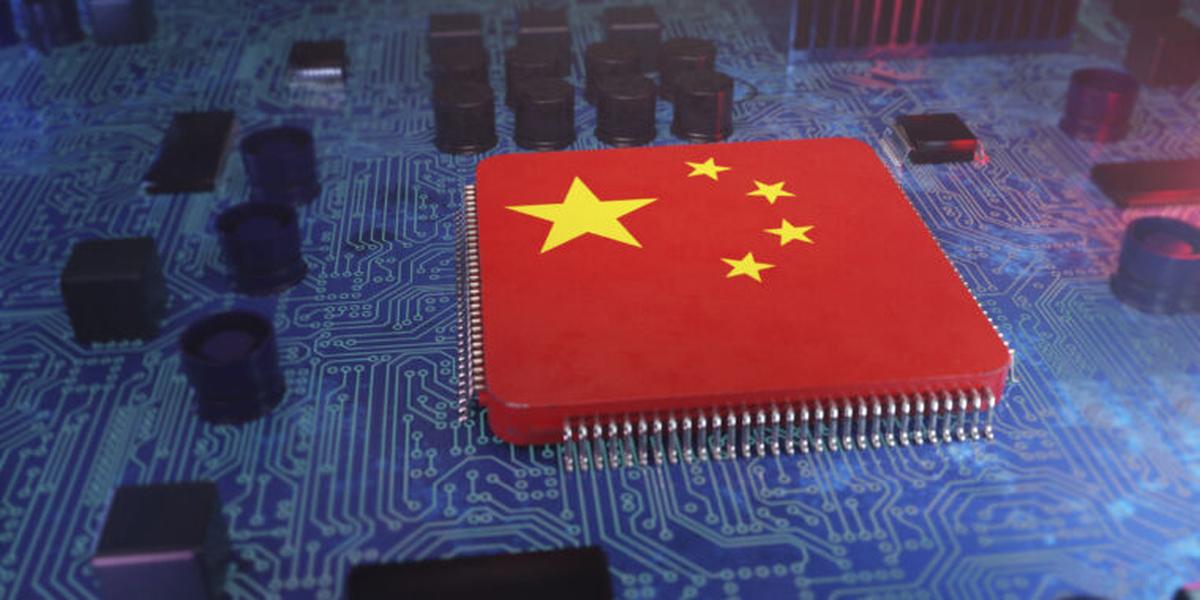What are the potential consequences of state-backed hacking on sensitive organizations and government agencies?
The potential consequences of state-backed hacking on sensitive organizations and government agencies can be severe. Firstly, sensitive information can be stolen and leaked, leading to a breach of privacy and potentially compromising national security. This can include classified government documents, military secrets, and strategic intelligence. The stolen information can be used for political manipulation, economic espionage, or even to gain an advantage in diplomatic negotiations. Secondly, state-backed hacking can disrupt critical infrastructure such as power grids, transportation systems, or communication networks, causing havoc and impacting the functioning of a country. This can lead to significant economic losses and social disruption. Finally, state-backed hackers can also plant false evidence or conduct sabotage operations, creating confusion and mistrust among nations. This can escalate tensions and potentially trigger retaliatory actions, including military conflict.
How can organizations effectively defend against evolving cyber-espionage tactics employed by hackers?
To effectively defend against evolving cyber-espionage tactics employed by hackers, organizations need to adopt a multi-layered approach to cybersecurity. Firstly, they should invest in advanced threat detection systems that can identify and respond to sophisticated attacks in real-time. This can include AI-powered tools that analyze network traffic, detect anomalies, and identify malicious activities. Secondly, organizations need to prioritize employee awareness and cybersecurity training. Human error is often a weak link in cybersecurity, and hackers exploit it through tactics like phishing emails or social engineering. By educating employees about potential risks and best practices, organizations can reduce the chances of successful attacks. Thirdly, organizations should regularly update and patch their software and systems to address known vulnerabilities. This includes using strong encryption, implementing access controls, and regularly monitoring and auditing network activities. Finally, organizations should establish strong partnerships with cybersecurity firms and government agencies to share threat intelligence and collaborate in responding to cyber-attacks. This can help organizations stay ahead of evolving tactics and benefit from collective knowledge and expertise.
What could be the long-term implications of tensions between nations due to allegations of state-sponsored hacking?
The long-term implications of tensions between nations due to allegations of state-sponsored hacking can be significant. Firstly, it can strain diplomatic relations and erode trust between countries. Accusations of hacking and cyber-espionage can lead to diplomatic protests, sanctions, and trade disputes. This can hamper cooperation on various fronts, including economic, scientific, or cultural exchanges. Secondly, it can contribute to an escalation of cyber warfare and the militarization of cyberspace. As countries perceive themselves as under constant threat, they may ramp up their offensive capabilities and engage in retaliatory cyber-attacks. This can lead to a dangerous cycle of escalation, where cyber-attacks become an accepted tool of statecraft. Thirdly, tensions due to state-sponsored hacking can exacerbate geopolitical rivalries and fuel regional conflicts. Cyber-attacks can be used as a low-cost and deniable way to exert influence, disrupt adversaries, or undermine stability in a region. This can have ripple effects on global security and stability. Finally, tensions can also drive countries to develop and deploy offensive cyber capabilities, leading to an arms race in cyberspace. This can divert resources from other priorities and divert attention from collective efforts to maintain a secure and open internet.
Full summary
In late May, security researchers discovered that state-backed hackers from China had exploited a critical vulnerability in Barracuda Email Security Gateway, giving them unauthorized access to sensitive organizations. The hackers were able to infiltrate the networks and gather valuable information. However, the researchers quickly responded and deployed a patch to address the vulnerability, effectively driving out the hackers and securing the networks.
But the story didn't end there. The hackers, showing their resilience and determination, launched counterattacks using new and advanced malware. They were determined to regain access to the target networks and continue their malicious activities. One of the malware they deployed was the DepthCharge, a sophisticated tool specifically designed to reinfect newly deployed appliances.
UNC4841, the threat group behind the attacks, had anticipated and prepared for the remediation efforts. They were well aware of the researchers' actions and had planned contingencies to maintain their access to the compromised networks.
This incident of state-backed hacking has raised serious concerns among cybersecurity experts. The Chinese government is believed to be behind this espionage campaign, which targeted not only sensitive organizations but also government agencies. It is estimated that almost a third of the targeted organizations were government agencies.
Security firm Mandiant, which investigated the attacks, found evidence linking the campaign to a threat group called UNC4841. Mandiant attributes the hacks to this group, which has strong connections to other China-backed hacking groups.
UNC4841 used custom malware to maintain their access to the compromised devices. They targeted the email accounts of individuals working for governments with political or strategic interests to China. Their goal seemed to be intelligence-gathering rather than destructive data attacks.
Mandiant called this campaign the 'broadest cyber espionage campaign' conducted by a China-backed group since 2021, highlighting the scale and impact of the attacks.
It is important to note that Barracuda took immediate action to address the security flaw in its Email Security Gateway (ESG) appliances. They issued patches and recommended customers to remove and replace the affected devices. However, the FBI and cybersecurity agencies revealed that the initial patches were ineffective, and attacks targeting the vulnerability continued.
Despite the ongoing efforts to combat these state-backed hackers, it is evident that they are determined and constantly evolving. The campaign demonstrates the evolving cyber-espionage tactics employed by Chinese hackers. The Chinese Embassy has denied the allegations and accused the U.S. government of similar activities, fueling tensions between the two nations.
The impact of this cyber-espionage campaign is far-reaching and highlights the importance of robust cybersecurity measures. Organizations need to be vigilant and proactive in defending against such threats and continuously update their systems to protect against new and emerging vulnerabilities.










